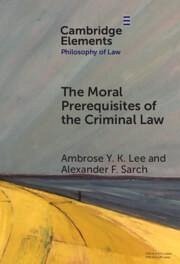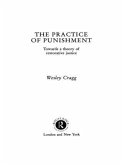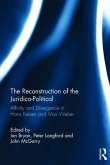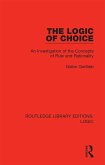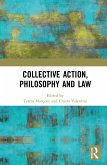Modern states criminalise many actions that intuitively do not seem morally wrong, particularly in the context of regulating complex industries or activities. Are mala prohibita offences of this kind fundamentally mistaken? Many criminal law scholars have thought so and argued that conduct must be morally wrong to be legitimately criminalised. This Element examines the longstanding debates about whether this idea is right, and what we would lose if we either abandoned the criminal law's close connection to morality or our use of the very useful tool of mala prohibita crimes. This Element argues that there are a range of promising arguments for reconciling mala prohibita offences with the wrongness constraint on criminalisation. Thus, it seeks to shed light on the aims of the criminal law and the moral prerequisites for legitimate criminalisation.

